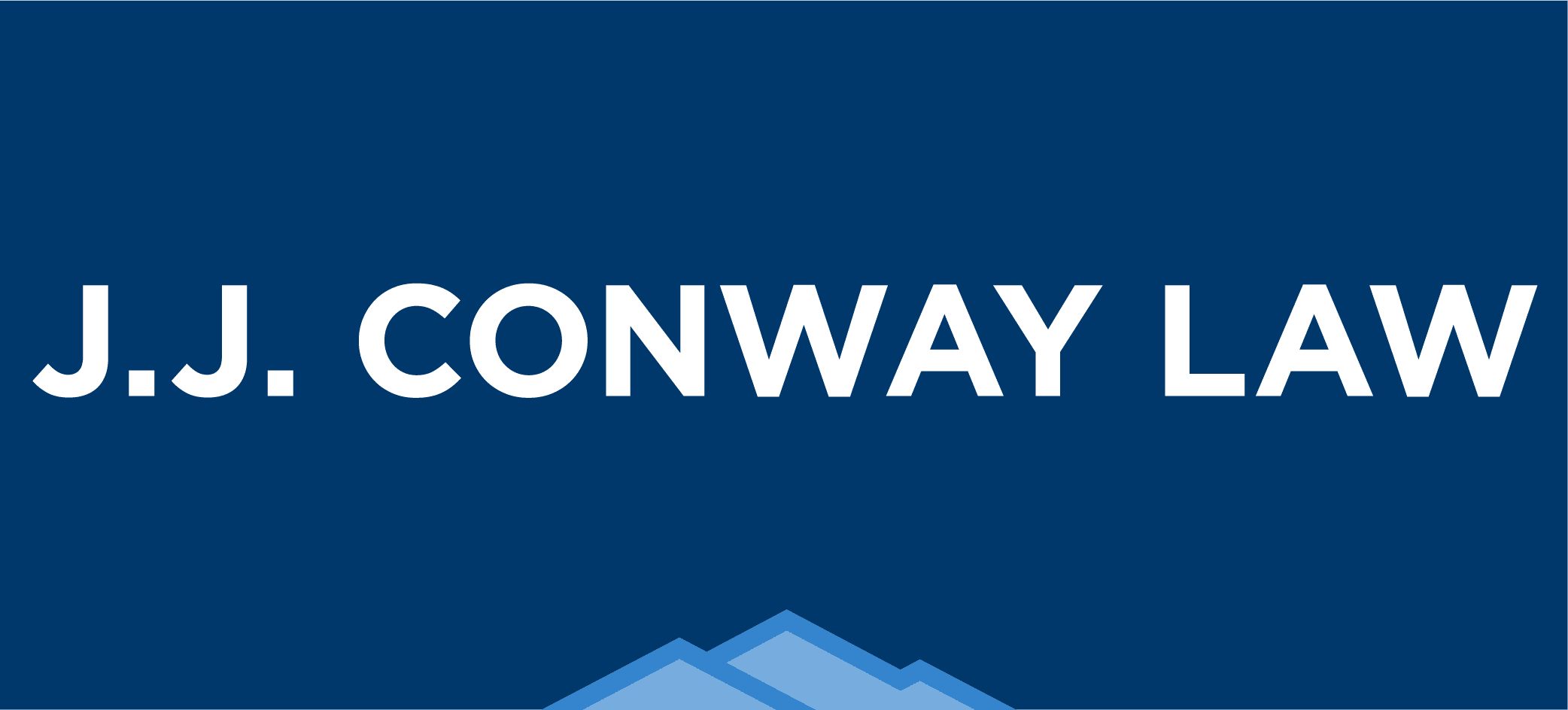In my March 2023 Conway on Benefits column in the Detroit Legal News, I wrote about the
differing roles and responsibilities of employee benefits departments versus individual
employees regarding monitoring their benefits.
“There is an increasing tendency of the courts in ERISA cases to let a benefits department off the
hook for big, consequential errors and to shift the blame upon the employee for administrative
errors at the plan level…It is a reflexive approach that might work in crafting a written opinion
but is inconsistent with the real world setting and the working lives of employees in private
companies…”
I thought of that column when reading a story in the Wall Street Journal this week on an
employee at a small California company who began noticing that the payroll deductions for her
401 (k) weren’t reflected in her account balance. Over the course of a three-year period, her
account was down $50,000, including interest. She repeatedly contacted the company president,
who assured her it was being looked into. The company ultimately dissolved in March of 2025
and the employee, who also lost wages from missing paychecks, has not been made whole – and
will likely never be.
Don’t set it and forget it.
Employee contributions should be transferred by employers into the 401 (k) plan immediately.
While employers may, on an exception basis, be given a few days grace period for the transfer,
companies experiencing viability issues might not do so; instead, using the money for their own
purposes. As noted in the WSJ article, companies with fewer than 100 employees are not subject
to annual 401 (k) audit requirements, creating a greater risk that employees in small company
plans may lose their investments, which can be difficult if not impossible to recoup in the case of
a company bankruptcy or simply going out of business.
Employees need to monitor their 401 (k) account not only to track performance, but also to
ensure that the deductions they authorize for their plans are reflected in the balance, as well as
any promised company match. Also, check administration fees for reasonableness. For the
majority of employees, a 401(k) plan is critical to a financially healthy retirement. Follow your
plan as you would your personal savings accounts and other investments. If something seems
amiss, don’t wait for your employer to correct it – take action immediately. If you need
assistance after exhausting company channels, J.J. Conway Law is experienced in helping
employees get the benefits they’ve earned and are legally entitled to.



Recent Comments